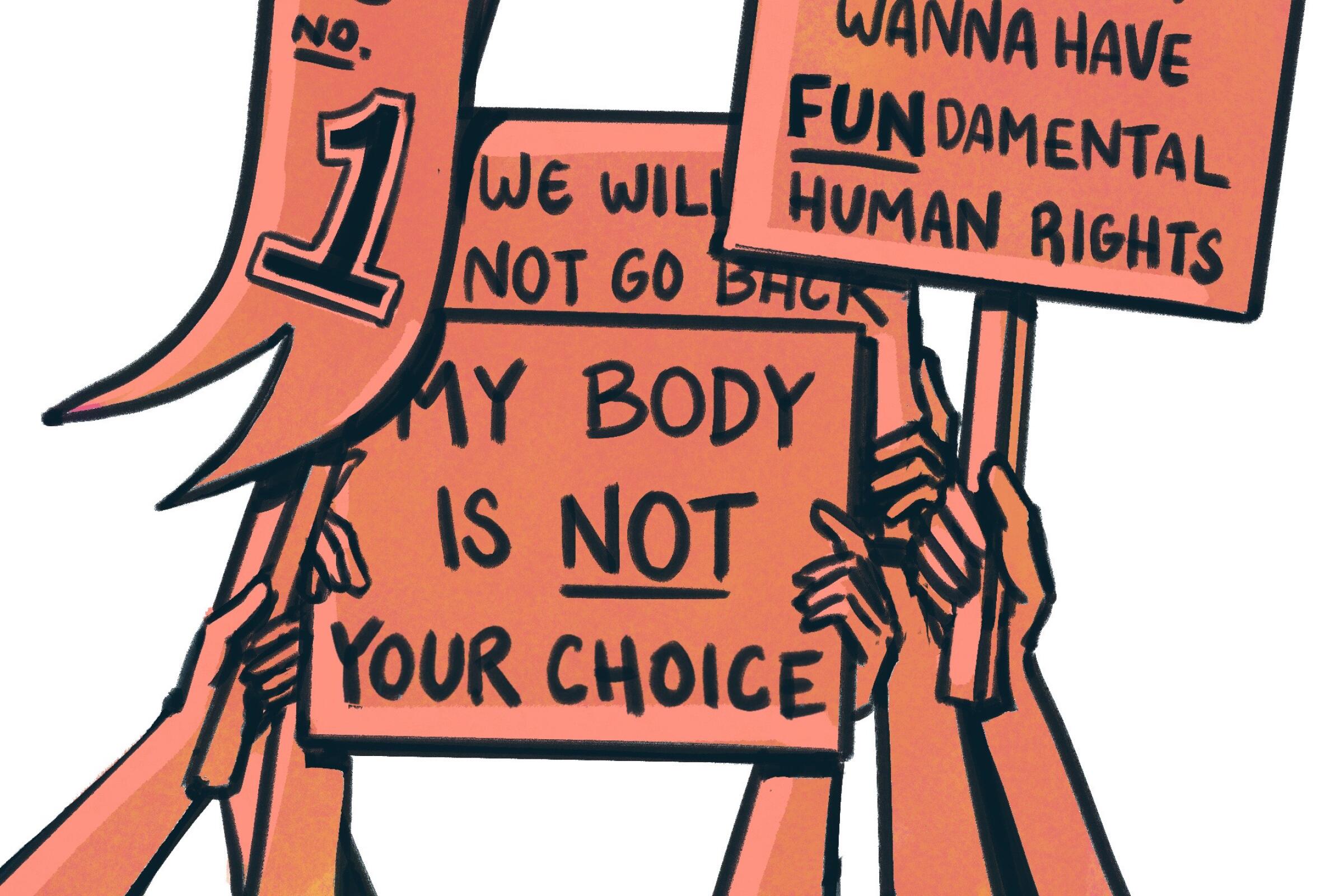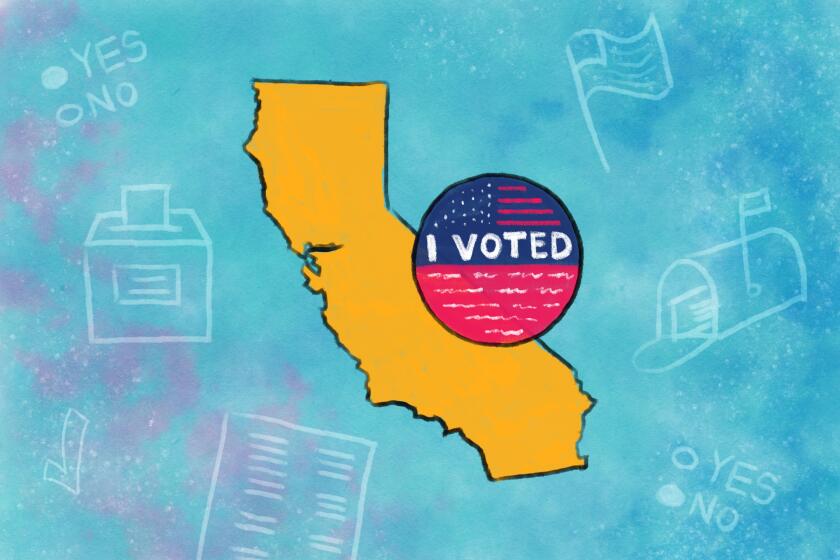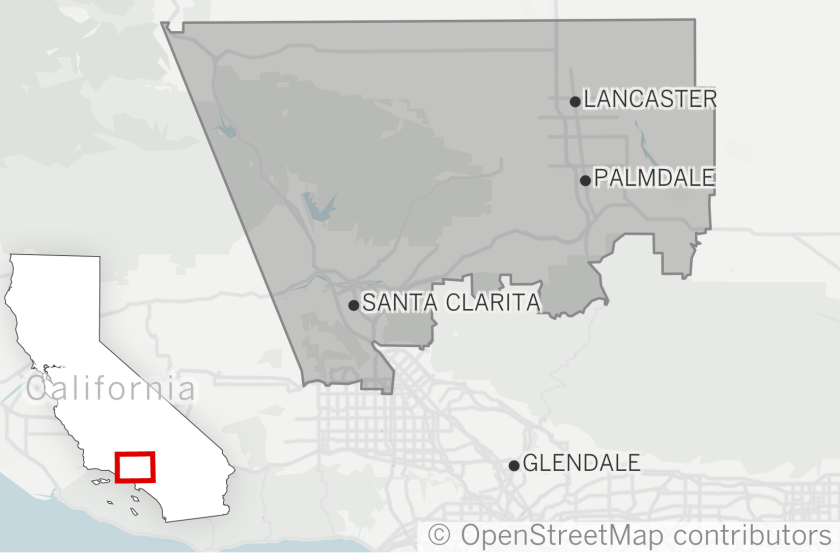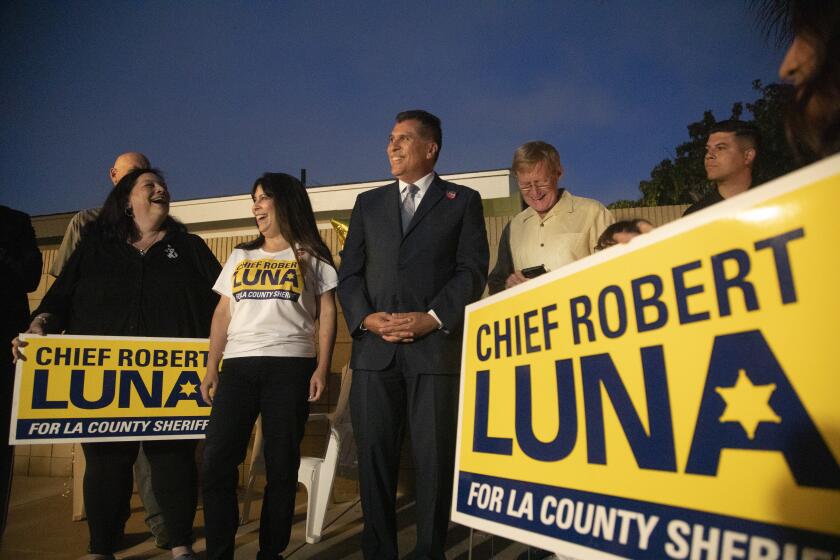Newsletter
Sign up for Essential California
The most important California stories and recommendations in your inbox every morning.
You may occasionally receive promotional content from the Los Angeles Times.
Phil Willon is an assistant editor based in the Sacramento bureau of the Los Angeles Times and guides coverage of California politics and assists with state capital coverage.
Melody Gutierrez is an investigative reporter for the Los Angeles Times. Previously, she covered state government and politics for The Times, the San Francisco Chronicle and the Sacramento Bee. Gutierrez has written award-winning government accountability stories on wasteful spending, pension spiking, rape kit backlogs and failures in the foster care system.





























